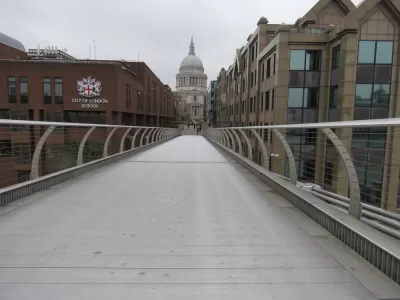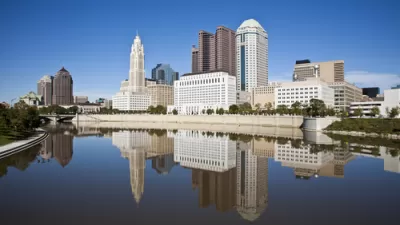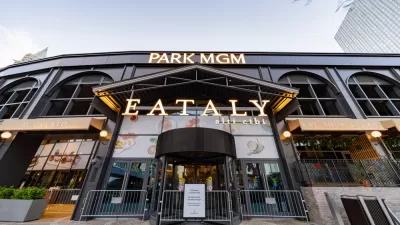In a major reversal, Prime Minister Boris Johnson dramatically strengthened his policies on containing the pandemic, ordering residents on Monday to stay at home and closing nonessential businesses. Prime Minister Narendra Modi of Inda went further.

"Facing a growing storm of criticism about his laissez-faire response to the fast-spreading coronavirus, Prime Minister Boris Johnson announced on Monday that he would place Britain under a virtual lockdown, closing all nonessential shops, banning meetings of more than two people, and requiring people to stay in their homes, except for trips for food or medicine," report Mark Landler and
The restrictions, though enforceable, don't require people who leave their homes to carry documents, the key distinction between a shutdown (of nonessential services) and a "lockdown" like Prime Minister Giuseppe Conte did in Italy on March 10.
The measures took effect immediately on March 23. "We will look again in three weeks, and relax them if the evidence shows we are able to," stated Johnson.
India
"In a speech Tuesday night, Indian Prime Minister Narendra Modi made clear that the country was at a crucial juncture," report Joanna Slater and for The Washington Post. “If we don’t manage these 21 days, the country will be set back by 21 years,” he said.
His emotional appeal to citizens not to step out of their homes did not include specifics about how they would meet basic needs. That immediately provoked frantic buying at grocery stores, which remain open as essential services.
Less than an hour after his speech, Modi wrote in a tweet that there was no need for panic and that authorities would ensure access to food and medicine.
In the prime minister's announcement, he noted "that even those nations with the best of the medical facilities could not contain the virus and that the social distancing is the only option to mitigate it."
The three-week lockdown, which took effect Tuesday at midnight, stopped all train and bus service serving the nation of 1.3 billion. The lockdown was praised by Michael Ryan, executive director of the World Health Organization’s health emergencies program.
"Large, densely populated countries such as India will determine “the future of this pandemic," said Ryan (see video.) He noted the historic roles the country led in eradicating smallpox and the effort to eliminate polio.
"It's really important that India continues to take aggressive action at the public health level and at the level of society to contain, control, supress this disease and to save lives."
"There are no silver bullets here. There are no easy answers...These are measures we can take now while we wait for other solutions, and we must taken them now."
Related in Planetizen:
-
A Nation of 60 Million on Lockdown, March 11, 2020
FULL STORY: Britain Placed Under a Virtual Lockdown by Boris Johnson

Study: Maui’s Plan to Convert Vacation Rentals to Long-Term Housing Could Cause Nearly $1 Billion Economic Loss
The plan would reduce visitor accommodation by 25,% resulting in 1,900 jobs lost.

North Texas Transit Leaders Tout Benefits of TOD for Growing Region
At a summit focused on transit-oriented development, policymakers discussed how North Texas’ expanded light rail system can serve as a tool for economic growth.

Why Should We Subsidize Public Transportation?
Many public transit agencies face financial stress due to rising costs, declining fare revenue, and declining subsidies. Transit advocates must provide a strong business case for increasing public transit funding.

How Community Science Connects People, Parks, and Biodiversity
Community science engages people of all backgrounds in documenting local biodiversity, strengthening connections to nature, and contributing to global efforts like the City Nature Challenge to build a more inclusive and resilient future.

Alabama: Trump Terminates Settlements for Black Communities Harmed By Raw Sewage
Trump deemed the landmark civil rights agreement “illegal DEI and environmental justice policy.”

Dear Tesla Driver: “It’s not You, It’s Him.”
Amidst a booming bumper sticker industry, one writer offers solace to those asking, “Does this car make me look fascist?”
Urban Design for Planners 1: Software Tools
This six-course series explores essential urban design concepts using open source software and equips planners with the tools they need to participate fully in the urban design process.
Planning for Universal Design
Learn the tools for implementing Universal Design in planning regulations.
City of Santa Clarita
Ascent Environmental
Institute for Housing and Urban Development Studies (IHS)
City of Grandview
Harvard GSD Executive Education
Toledo-Lucas County Plan Commissions
Salt Lake City
NYU Wagner Graduate School of Public Service





























